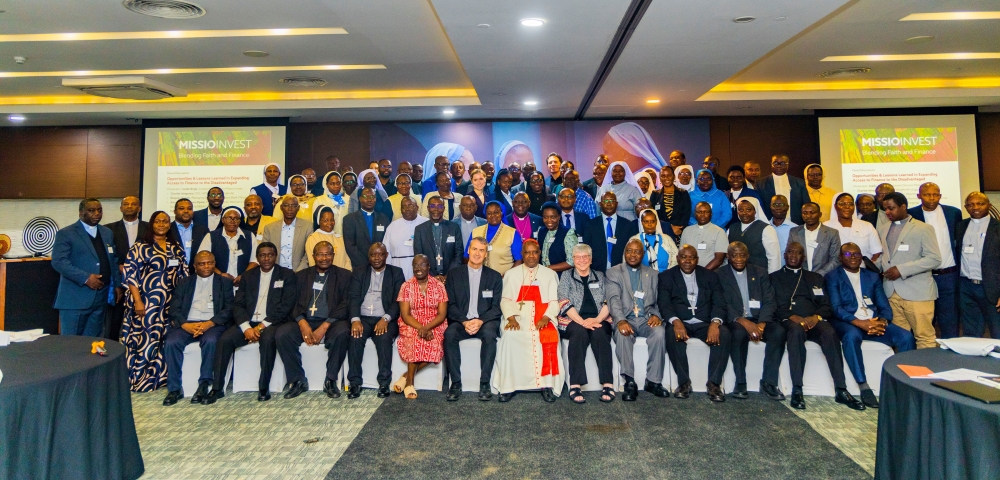At breakfast in Uganda last week I read a sensationalist newspaper double page spread entitled ‘Ad world in a panic’.


At breakfast in Uganda last week I read a sensationalist newspaper double page spread entitled ‘Ad world in a panic’. Pausing only to scan the Kampala skyline for smartly dressed executives perched on window ledges, I plunged into the article.As with much business journalism, the article was clearly stitched together from a number of sources by someone trying to form a clear perspective. It ricocheted between Armageddon and optimism, but it didn’t quite put me off my eggs. It did however come to the conclusion that marketers were looking for ‘cost-effective platforms’ in these difficult times.Now, when it comes ‘difficult times’, I am something of an heretic. While I feel we should all acknowledge that a financial disaster has befallen the World, and that we are unlikely to be unscathed, I do not feel we should go looking for trouble. The truth is that our banks are pretty disconnected from the world crisis; our bourses have problems largely of their own making; and before you give credence another bleat from Tourism try booking a flight to the Coast. Most importantly from marketing point of view, we still have around 90 million people in the region who plan to get on with their lives as best they can, and that involves buying stuff. So please, lets get on with life and business, and there’s a fair chance that the sky will not fall on our heads.Of course marketers should always strive to look for cost effective platforms for their brands, but often their focus is on executing cheaply instead of expending real thought. One glance at the quality of television commercials on our screens at present shows us how far down the cheap mentality has taken us in the last ten years. But let’s return to that discussion another day.Leaner times require marketers to think harder, and to be a little more adventurous in the channels they use to engage consumers. When times are easy, you can get away with doing what other brands do. There appears to be comfort to be taken from doing what the category does. But when the bottom line is really threatened, your CEO or shareholders become uncomfortably close neighbours.Let’s consider an area that can be very cost effective (more so if you enrich it with a creative thinking) - Public Relations.Now the history of Public Relations in East Africa is littered with the bones of a million cocktail bitings. The archetypal event attracts 20% of the people you wanted to influence; several competitors; the usual posse of lounge lizards; and my good friend Chris Kirubi (now there’s a man who understands PR).It also attracts a camera crew who set up and blot out the main speaker from the audience’s view. Then their lights blind him, causing him to lose his place as he stares wildly out into the void. But that doesn’t matter, because the sound equipment has packed up and no one can hear him over the crunch of samosas.These slight disappointments apart, isn’t it time to consider non-traditional use of PR when you want to reap the rewards of producing a low fat version of your cooking oil brand? Because brand PR (and specifically a brand’s interaction with its user public or prospects) is exactly one of these cost effective platforms that marketers are currently seeking. Staying with the cooking oil example, imagine investing a similar amount of money as it takes to stage an event in a Nairobi hotel in the following:A cookery event in a middle class housing area, hosted by a national TV presenter, with an invited audience drawn from the target market.All content scripted to reflect the positioning strategy of your brand and the language of your target consumers.Audio-visual coverage from a hired TV crew, providing live streaming footage on your brand’s website and (soon) on suitably specified mobile phones. Plus editable footage to send to TV newsrooms.Audio coverage from selected radio stations.A judging panel which includes local lifestyle and cookery writers, encouraging them to cover the innovation of low fat cooking oil and its benefits in their columnsRecipe offers that the target audience can access by sms, allowing you to capture their details for future direct marketing.Now, some marketers will tell you: "we have to have events to look after the Trade”.But, I ask you, what would have more impact on the average duka wallah? Samoosas with your friends, and a baseball cap at the end of the night?Or an invitation to watch consumers having fun and being enthusiastic about your brand?No, it’s not Public Relations as we know it but …. isn’t that my point?
Chairman, Young & Rubicam Brands AfricaCopyright Young & Rubicam Brands Limited. PO Box 41036 Nairobi 00100 Kenya




